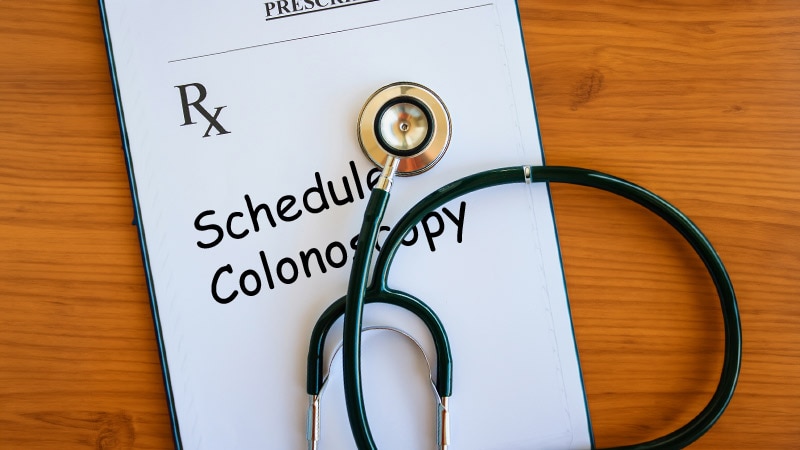Fitness
Direct Access Colonoscopy Saves Time With Comparable Results

TOPLINE:
Direct access colonoscopy (DAC), which bypasses pre-procedure consultation, offers comparable success to office-scheduled colonoscopy (OSC) performed in consultation with a provider and may potentially reduce wait times.
METHODOLOGY:
- Although DAC programs may increase colorectal cancer screening rates, there are limited findings comparing their ability to ensure successful outcomes with that of traditional OSC.
- Researchers compared the successful completion of a screening or surveillance colonoscopy within 90 days of contact with the gastroenterology office in patients who underwent DAC (n = 1823; mean age, 58 years; 57.0% women) or OSC (n = 828; mean age, 61 years; 55.9% women).
- The need for pre-colonoscopy consultation, requirement for an advanced practice provider and/or navigator assistance, and choice of standard or high-dose purgative colonoscopy were determined using an algorithm for patients undergoing DAC and by physicians for patients undergoing OSC.
- The primary outcome was successful colonoscopy that met the following criteria:
- Complete colonoscopy (reaching the cecum, small bowel anastomosis, or terminal ileum)
- Adequate bowel preparation
- Performed ≤ 90 days of contacting a gastroenterology provider or office for scheduling the procedure
- The minimum acceptable margin for successful colonoscopy rates for DAC vs OSC was set at 0.85, indicating noninferiority, with a statistical significance level of 0.05.
TAKEAWAY:
- DAC was noninferior to OSC in achieving the composite primary outcome of a successful colonoscopy (relative risk [RR], 1.16; P = .001).
- DAC was noninferior to OSC in terms of both screening (RR, 1.10; P = .001) and surveillance (RR, 1.27; P = .001).
- The distribution of the total Boston Bowel Prep Score and detection of polyps, adenomas, and sessile serrated lesions were similar in the patients undergoing DAC and OSC whose colonoscopy was successful.
- Although the mean days to successful colonoscopy from initial gastroenterology contact were fewer in the DAC vs OSC group, the 10-year recall after a negative screening colonoscopy was more likely in the DAC group than in the OSC group for those aged 45-75 years.
IN PRACTICE:
“Our study suggests that the timeliness, efficacy, and quality of DAC compares favorably to colonoscopy planned during a visit with a [gastroenterology] provider (OSC). It suggests that DAC may decrease time to colonoscopy and provide a similar quality study as OSC,” the authors wrote.
SOURCE:
The study, led by Mary White, MD, Department of Internal Medicine, Yale New Haven Hospital, New Haven, Connecticut, was published online in the Journal of Clinical Gastroenterology.
LIMITATIONS:
Researchers did not collect certain demographics (eg, tobacco use and insurance status) that may have influenced the results. The history of the patients evaluated in the office, which was not documented in the electronic medical records, may have been available to the advanced practice providers, thereby influencing their recommendations for a 10-year colonoscopy interval after a negative risk screening. Moreover, this was a single-center study. The findings may not be generalizable owing to the wide variation concerning the clinical application of DAC.
DISCLOSURES:
The study did not report any funding source. The authors declared no conflict of interest.










